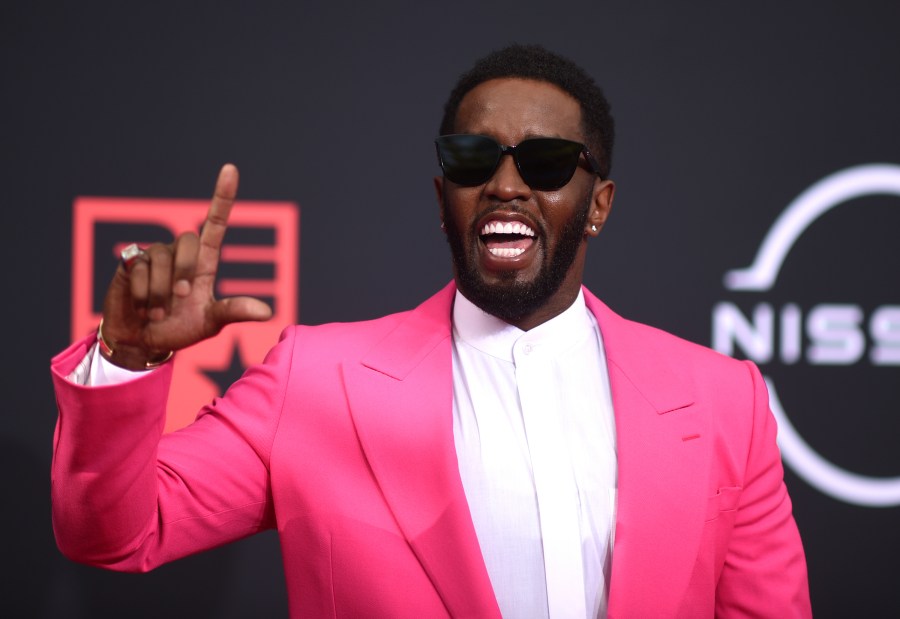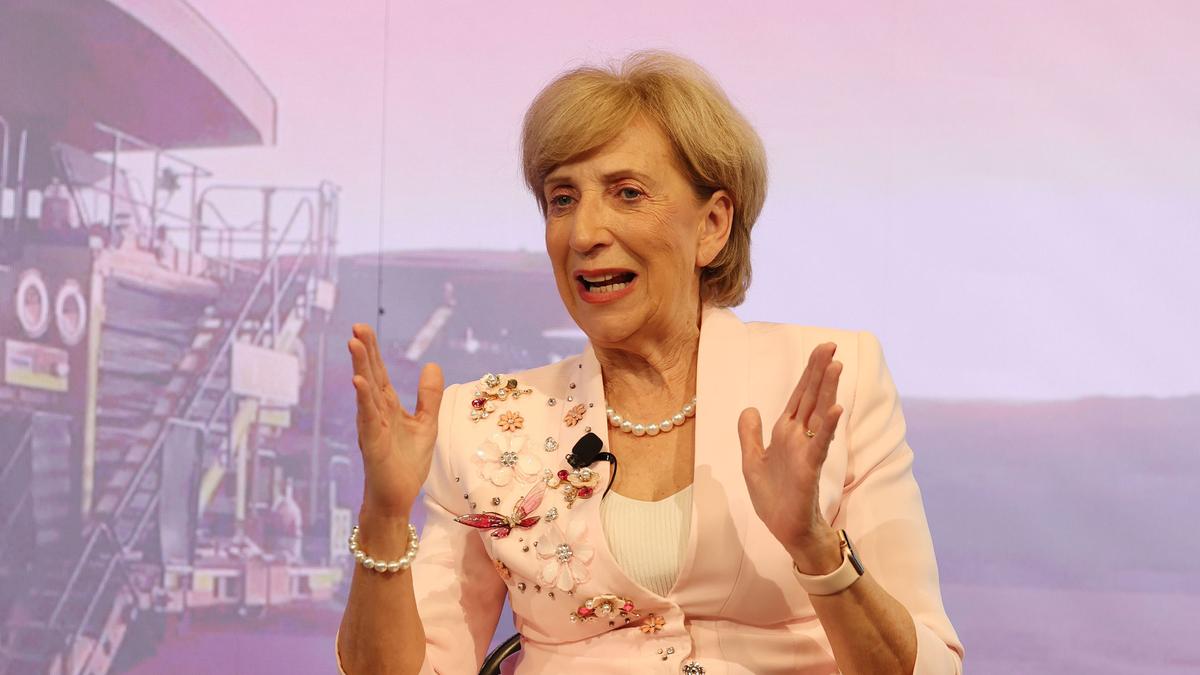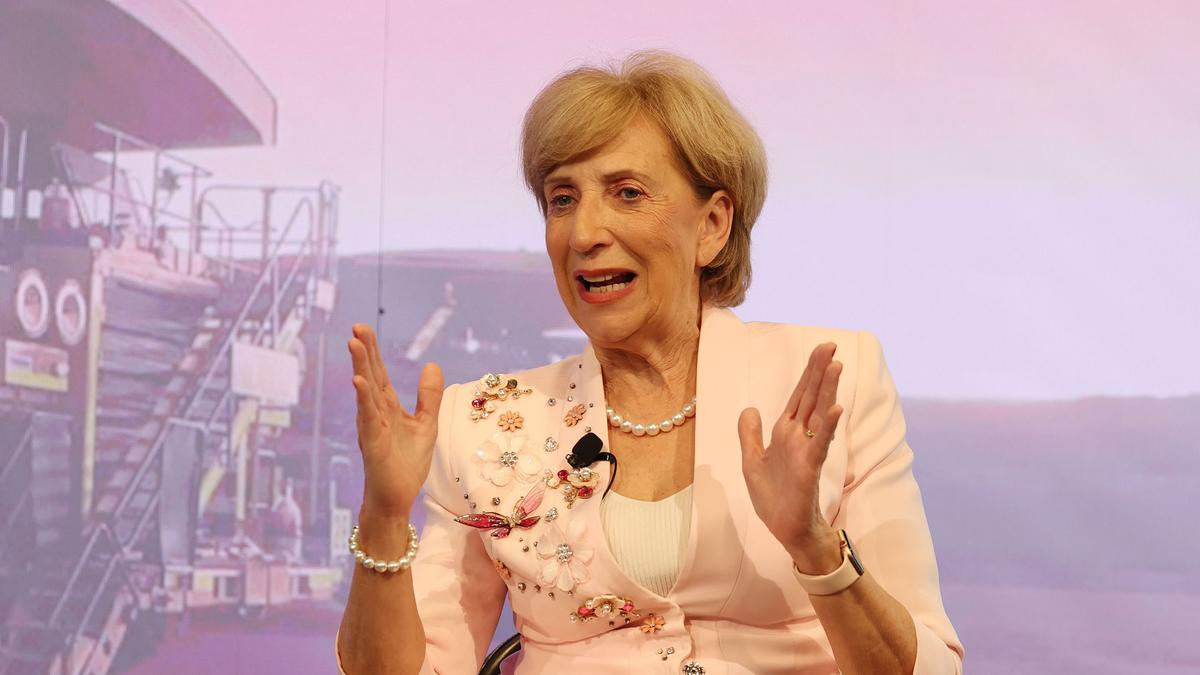
NEW YORK (AP) — The jury in the high-profile sex trafficking trial of hip-hop mogul Sean “Diddy” Combs has reached a verdict on all but the most complex charge: racketeering conspiracy. As deliberations continue, the case against Combs remains a focal point in discussions about celebrity accountability and the legal system’s handling of such cases.
The charges against Combs include five felonies: one count of racketeering conspiracy, two counts of sex trafficking by force, fraud, or coercion, and two counts of transportation to engage in prostitution. Combs has pleaded not guilty to all charges, with his defense team arguing that the prosecution has exaggerated elements of his lifestyle to frame a narrative of criminality.
Understanding the Charges
Racketeering Conspiracy
The racketeering conspiracy charge is the most serious Combs faces. Prosecutors allege that for two decades, Combs operated a criminal enterprise involving bodyguards, household staff, and others to facilitate and conceal crimes. This charge is often associated with organized crime, utilizing the Racketeer Influenced and Corrupt Organizations Act (RICO), which was famously used against the Mafia in the 1970s.
To secure a conviction, prosecutors must demonstrate that an enterprise existed and engaged in a pattern of racketeering activity, which in this case includes allegations of kidnapping, arson, bribery, and sex trafficking.
Sex Trafficking and Related Charges
The sex trafficking charges accuse Combs of coercing women into abusive sex parties, employing drugs and threats to ensure compliance, and silencing victims through blackmail and violence. These allegations paint a picture of a deeply troubling pattern of exploitation and abuse.
Transportation to engage in prostitution further compounds the severity of the accusations, suggesting a network of criminal activity orchestrated by Combs.
The Trial’s Progress and Challenges
Partial Verdict and Jury Deliberations
The jury, comprised of eight men and four women, reported an impasse on the racketeering charge, citing “unpersuadable” views on both sides. Despite this, they have reached decisions on the other charges, though these remain confidential pending further deliberations.
U.S. District Judge Arun Subramanian, alongside both the prosecution and defense, agreed that it was premature to abandon efforts for a unanimous verdict after less than 13 hours of deliberation.
Potential Sentencing
If convicted, Combs faces severe penalties. The racketeering conspiracy charge alone carries a potential maximum sentence of life in prison. The sex trafficking charge mandates a minimum sentence of 15 years, with a maximum of life imprisonment. Additionally, the charge of transportation to engage in prostitution could result in up to 10 years in prison.
Broader Implications and Context
The trial of Sean “Diddy” Combs is more than a legal battle; it is a reflection of broader societal issues regarding power, celebrity, and justice. The case raises questions about the extent to which influential figures can manipulate their status to evade accountability.
Legal experts note that the use of RICO in this context underscores the seriousness of the allegations and the prosecution’s commitment to addressing systemic criminal behavior. Historically, such charges have been reserved for dismantling organized crime syndicates, marking a significant application in a case involving a celebrity.
“This trial is a litmus test for how the justice system handles cases involving high-profile individuals accused of serious crimes,” said legal analyst Jessica Collins.
The outcome of this trial could set a precedent for future cases, influencing how similar allegations are prosecuted and perceived by the public.
Looking Ahead
As the jury continues its deliberations, the world watches closely. The implications of their verdict will resonate beyond the courtroom, potentially affecting Combs’ legacy and the entertainment industry’s approach to allegations of misconduct.
For now, the focus remains on the jury’s ability to reach a consensus on the racketeering charge, a decision that could significantly impact the final outcome of this landmark trial.






